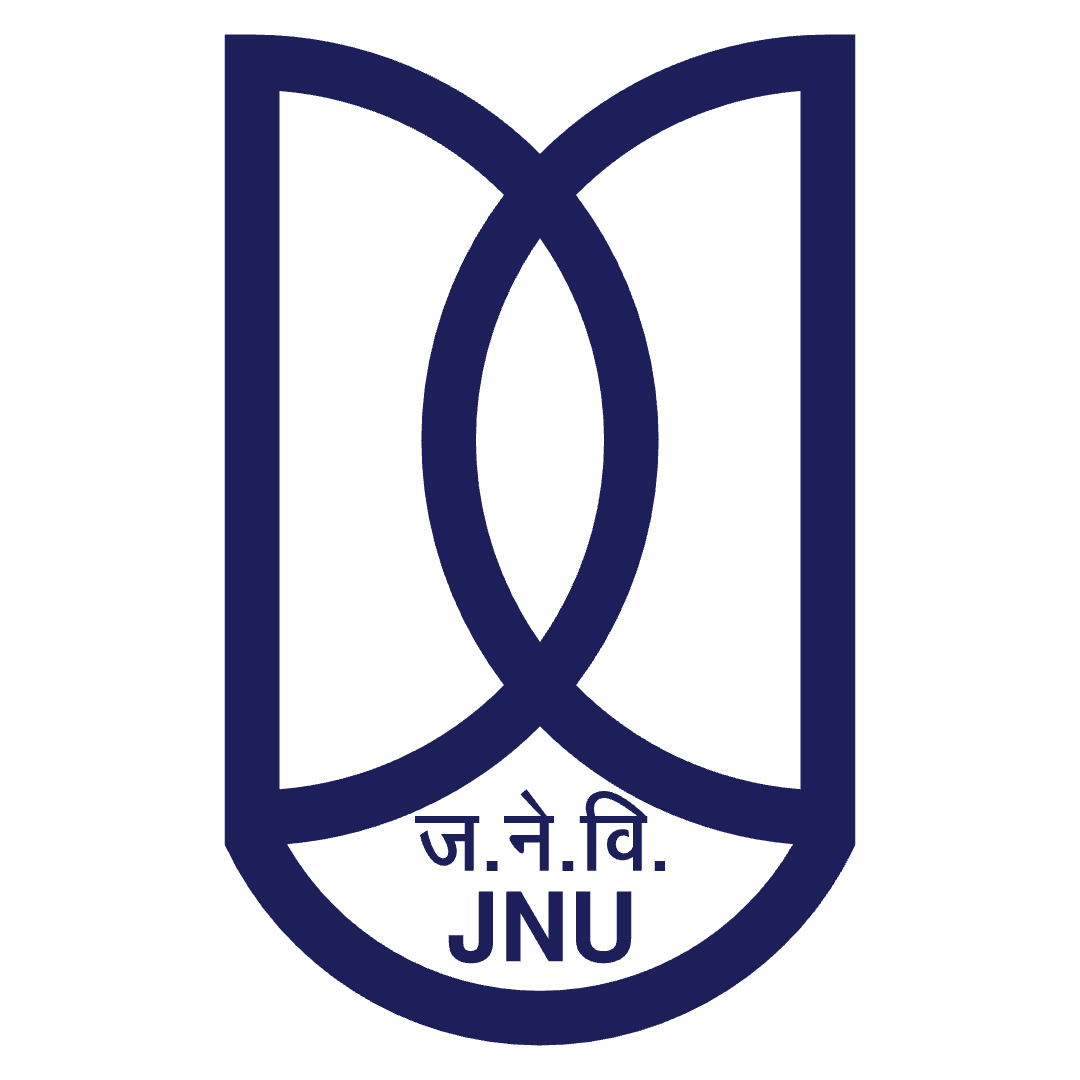
Jawaharlal Nehru University

Santishree Dhulipudi Pandit(Vice Chancellor)
Summary
Jawaharlal Nehru University (JNU), established in 1969, stands as a bastion of academic excellence in India. Named in honour of India's first Prime Minister, Jawaharlal Nehru, the university was envisioned as a centre for advanced studies and research, embodying the ideals of intellectual freedom and social inclusivity. With its sprawling campus nestled in New Delhi, JNU offers a fertile ground for holistic learning and critical thinking. Boasting a distinguished faculty and a diverse student body, JNU serves as a crucible of intellectual discourse and scholarly pursuit.
The university's academic ethos is anchored in a commitment to addressing pressing global challenges through interdisciplinary research and innovation. JNU's emphasis on social sciences, applied sciences, and international studies reflects its dedication to fostering a deeper understanding of complex societal issues and nurturing future leaders equipped to navigate the complexities of our interconnected world.
Throughout its history, JNU has been marked by milestones of academic achievement and social relevance. Its administrative framework, characterised by democratic governance and academic autonomy, ensures accountability and transparency in its operations, further enhancing its standing as a beacon of academic integrity.
JNU's vibrant academic community comprises twenty schools and centres, each offering a unique blend of academic programmes and research initiatives. From the School of Social Sciences to the Atal Bihari Vajpayee School of Management and Entrepreneurship, JNU provides students with a rich tapestry of educational opportunities tailored to their interests and aspirations.
Recognised for its academic prowess, JNU has garnered accolades and awards, including the prestigious Visitor's Award for Best University. With a rich tapestry of academic excellence and a vision for a brighter future, JNU continues to inspire generations of scholars and leaders, empowering them to realise their fullest potential and make meaningful contributions to society.
History
Jawaharlal Nehru University (JNU) traces its origins to the year 1969 when it was established by an act of parliament in India. Named in honour of Jawaharlal Nehru, the country's inaugural Prime Minister and a visionary statesman, the university was envisioned as a beacon of academic excellence and social progress. G. Parthasarathy assumed the role of its inaugural vice-chancellor, while Prof. Moonis Raza served as the Founder Chairman and Rector, laying the foundation for what would become a prestigious institution of higher learning.
The genesis of JNU was marked by a profound commitment to fostering intellectual freedom, social justice, and accessibility in education. This ethos was reflected in the deliberations surrounding its establishment, where the importance of creating new faculties, including scientific socialism, and ensuring access for students from diverse socio-economic backgrounds was emphasised.
In 1970, a significant milestone in the university's evolution occurred with the merger of the Indian School of International Studies, enriching JNU's academic offerings and further cementing its reputation as a hub for advanced studies and research.
Over the decades, JNU has emerged as a vibrant intellectual community, characterised by rigorous academic inquiry, interdisciplinary collaboration, and a commitment to addressing pressing global challenges. Its sprawling campus in New Delhi serves as a crucible for the exchange of ideas and the pursuit of knowledge, fostering an environment conducive to holistic learning and critical thinking.
The administrative framework of JNU, rooted in democratic governance and academic autonomy, ensures transparency and accountability in its operations, underpinning its reputation for integrity and excellence.
Courses
Jawaharlal Nehru University (JNU) offers a diverse range of undergraduate, postgraduate, and research programs across various disciplines. With a focus on social sciences, applied sciences, and international studies, JNU provides students with opportunities for holistic learning and research-driven education.
At the undergraduate level, JNU offers Bachelor of Arts (Hons), Bachelor of Science, and Bachelor of Engineering/Technology programs, providing a strong foundation in liberal arts, sciences, and engineering disciplines.
For postgraduate studies, JNU offers Master of Arts, Master of Science, Master of Engineering/Technology, and Master of Business Administration programs, enabling students to specialise in their chosen fields of study. The university also offers postgraduate diplomas and certificate courses in specialised areas, catering to diverse interests and career aspirations.
In addition to traditional academic programs, JNU is renowned for its research-intensive curriculum, with doctoral programs offered across various departments. The university encourages interdisciplinary research and collaboration, fostering innovation and critical inquiry.
JNU's academic departments are organised into 20 Schools and Centers, including the School of Social Sciences, School of International Studies, School of Environmental Sciences, School of Computer and Systems Sciences, and Atal Bihari Vajpayee School of Management and Entrepreneurship, among others. Each School and Center offers a unique blend of academic programs and research initiatives, reflecting the university's commitment to excellence and relevance in contemporary times.
Global MBA rankings
- QS World University Rankings: Ranked 601-610 globally
- QS WUR Ranking By Subject: Ranked 20
- QS Sustainability Ranking: Ranked 545
- Asian University Rankings: Ranked 15
Job integration rate
According to the NIRF Report 2024, the median package for UG 3-year programmes increased by over 33% to INR 8 LPA, and for PG 2-year programmes by over 19% to INR 9 LPA. The highest package for the School of Engineering reached INR 33 LPA, with an on-campus high of INR 16 LPA and an average of INR 11 LPA. Top recruiters included Cradlepoint, Optum, and Salesforce, reflecting the university's strong industry connections and successful job integration.
General information
- Jawaharlal Nehru University | Wikipedia
- JNU: Admissions 2024, Courses, Fees, Cutoff, Ranking, Placements | Collegedunia
- JNU: Courses, Fees, Admission 2024, Cutoff, Results, Ranking, Placements, Scholarships | Shiksha
- Jawaharlal Nehru University | Times Higher Education
- Welcome to Jawaharlal Nehru University | JNU
- Jawaharlal Nehru University - Delhi, India | Google Developer Student Clubs
- JAWAHARLAL NEHRU UNIVERSITY (JNU) | Indian Express
- Jawaharlal Nehru University, New Delhi | US News
- Jawaharlal Nehru University | NDTV
- The Jawaharlal Nehru University Act, 1966 | India Code
- Jawaharlal Nehru University, Delhi | EducationWorld
Explore the latest data on Business, Industry Leaders and Influencers, Organizations, Education, and Investors to stay informed and ahead.

Santishree Dhulipudi Pandit(Vice Chancellor)
